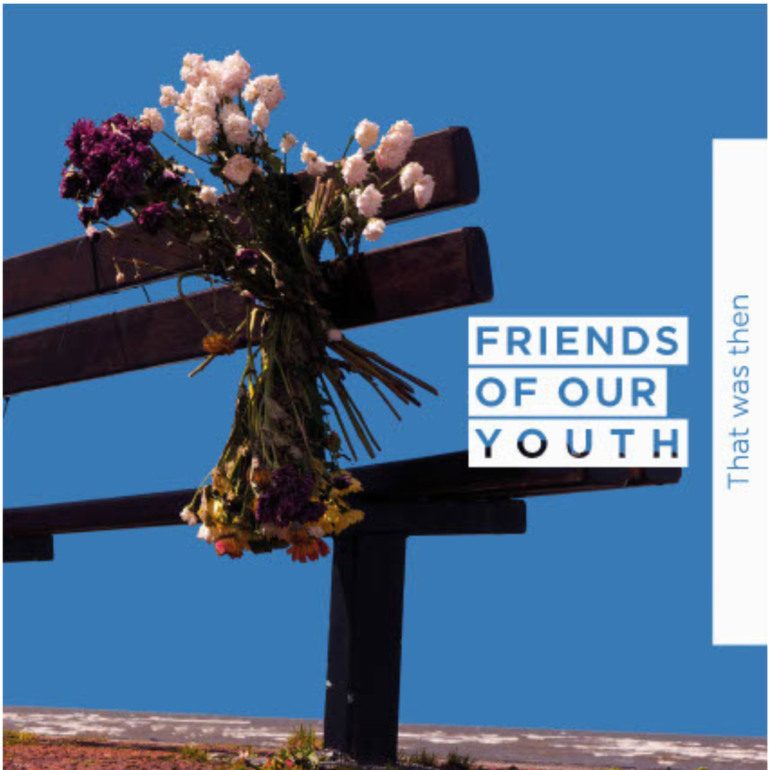

Provides more potential than consistent quality
In an interview with The Sound Café, this garage-rock and dream pop quartet outlines their debut album’s long process that birthed That Was Then. It took place over several sessions in a single year, with some songs written and recorded a decade earlier. The final product is a bit of a mess. The kaleidoscopic swirl resembles MGMT, with indie folk as the core sound rather than disco. Sadly, the myriads of sounds and instrumental talent are not anchored by much in the way of refinement or vocal chops.
There’s a lot of musical ground covered across this 33-minute ride. Guitars range from gentle acoustics to echoing chimes to fiery distortion worthy of Built to Spill. There’s little to complain about in terms of instrumental performances, as the drums provide compelling rhythms, and every flavor of six-string sounds superb. There’s no denying the garage rock crunch of “Summer,” the lovely finger-picking on “King & Queens,” or the beautifully layered leads of “The Search” juxtaposed with a feedback-heavy bass tone. Sadly, the synths are not as compelling, namely the nasally “Whatever Makes it Easy” and “That Was Then.” Any atmosphere they provide is better handled by the guitar and bass.
With so many tones fighting for space, there are bound to be transitions that need improvement. “Taxi” features jangling acoustics guitars and bass interplay, but the switch to electric chomping is choppy and unsatisfying. The bridge of “The Search” is a pleasant interlude of layered vocals over the slow pang of guitar and drums, promising an ending that takes it over the top. Instead, it sinks back into the same feedback from before with nothing new. “Tales of the Unrequited” opens with heavy distortion worthy of shoegaze, only to ruin it with a strange marching band drum roll and awkward vocalizations. These chaotic blends might be excused with enough energy and speed, but these are slow, brooding tempos meant to instill longing. Any atmosphere is fragile with the lack of restraint and careful craft on display.
Regardless of anything else, the front man needs to do more to differentiate himself. His best performance and tone usage come in the opening of “Whatever Makes It Easy,” which cranks up the echo of his voice and lets each syllable last and mull with the audience. Sadly, the hook gets awfully crowded, and he clips the edge of the mix with an unnatural graininess. “Dim Light” is a straightforward indie-rock jam that warrants going for the fences to sell the melodrama. Still, he instead feels like a wilting flower. He does not showcase a pretty singing voice to go with the album’s more delicate moments, nor does he have the raw power when it brings in the quaking guitars and crescendos.
That Was Then is a solid first draft that establishes a clear identity and obvious talent. The execution can be improved, but that’s easy to teach the qualities Friends Of Our Youth already possess. While this does not get a full endorsement, there’s no reason to think future releases cannot earn accolades.
